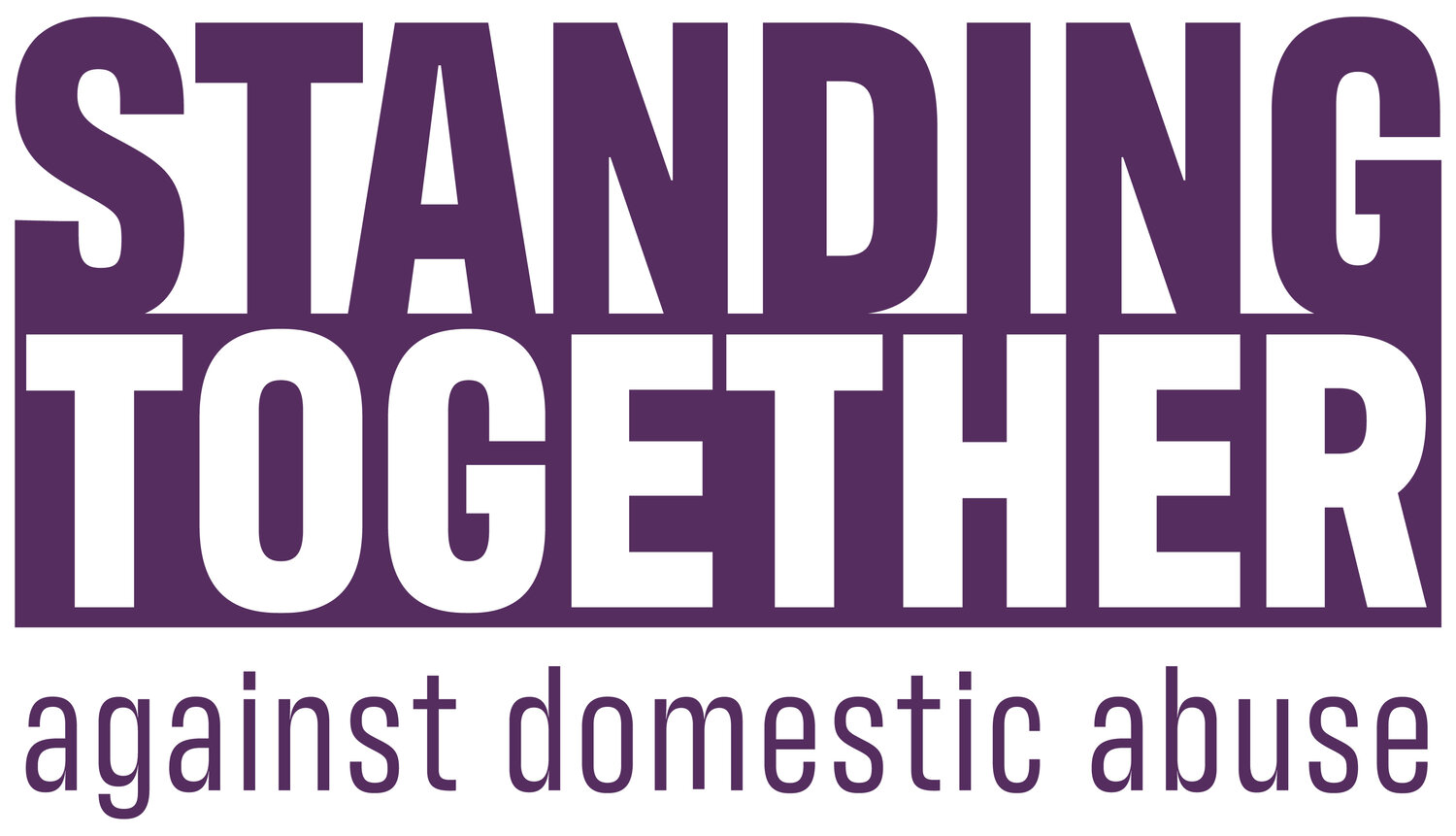Impact Case Study: National Event on Transforming Health and Domestic Abuse Responses to Non-Fatal Strangulation – Engaging 337 Multi-Agency Partners for Systemic Change
On October 23, 2024, Standing Together Against Domestic Abuse (STADA) collaborated with healthcare and domestic abuse prevention specialists to host the national event, “Enhancing Health and Domestic Abuse Response to Non-Fatal Strangulation (NFS)”.
This groundbreaking forum addressed the increasing need for a systemic response to non-fatal strangulation, a critical and often under-recognised aspect of domestic abuse, with the event drawing 337 participants from multiple sectors.
The event was led by prominent voices in the field:
- Marianne McGowan – Survivor Liaison and Research Worker, Institute for Addressing Strangulation (IFAS)
- Bernie Ryan – Chief Executive, IFAS
- Dr. Jane Ashby – Consultant in Sexual Health and HIV, and Safeguarding Lead, CNWL NHS Foundation Trust
- Marie Fitzpatrick – Designated Nurse for Safeguarding Children, North Central London Integrated Care Board
Their presentations illuminated the complexities of NFS, underscoring the necessity of a multi-agency response for both effective prevention and treatment of survivors.
Key Milestones and Discussion Highlights
1. Multi-Audience Engagement
The session brought together a diverse group of professionals from healthcare, local government, law enforcement, and domestic abuse services, with representation from all Crossing Pathways regions. Participants included individuals from Local Authorities, Primary Care Networks, Ambulance Trusts, the Crown Prosecution Service (CPS), Sexual Health Services, and the National Probation Service (NPS). This range of participants highlighted the event’s strong multi-agency approach and a shared commitment to collaboratively addressing Non-Fatal Strangulation (NFS). A particularly meaningful outcome was the expression of interest from 158 potential new members, all requesting to join our network.
2. Presentation Insights and Knowledge Sharing
Presenters provided a comprehensive overview of NFS and its implications:
- IFAS shared essential definitions, prevalence data, survivor stories, and the serious health and legal consequences of NFS. They highlighted the normalisation of strangulation within consensual contexts, which presents unique challenges, stressing that “there’s no safe way to strangle.”
- NCL ICS showcased its newly developed NFS pathway, which bridges services from public health to law enforcement to ensure consistent care for survivors. Notably, 80 survivors have already accessed this pathway, illustrating its early impact.
- Sexual Health Pathway: Highlighting that most NFS disclosures occur in contexts of DA and sexual violence, the pathway has supported 54 survivors, with two-thirds receiving essential imaging services. This pathway emphasises trauma-informed care, showing the significance of patient-centered approaches in healthcare.
3. Commitment and Contributions
A WordCloud activity captured 180 commitments to action, reflecting the active engagement and resolve of attendees to implement knowledge gained from the event. These commitments emphasised improving response strategies, enhancing support networks, and developing communication around NFS.
Outcomes and Future Steps
- Incorporating NFS Awareness into Mental Health Practices
A Mental Health Trust representative expressed plans to integrate NFS awareness into OCDA forums and MHCAS pilots, underlining the critical intersection of NFS and mental health outcomes.
- Multi-Agency Collaboration and Communication
The event promoted a unified response to address NFS through enhanced communication between agencies, illustrating the pressing need for a coordinated approach to adequately protect and support survivors.
- Development of Educational Resources
The need for age-specific guidelines and youth co-production emerged as a major theme. IFAS committed to prioritise guidelines for younger populations to address the unique risks faced by youth. NHSE pledged funding to support educational outreach and patient communication, setting the stage for a broader national conversation on NFS and related trauma-informed practices.
Participant Feedback:
The webinar series received highly positive feedback from participants across various sectors, reflecting its impact and relevance:
Public Health Principle: "The session was incredibly helpful and informative, providing valuable insights for public health initiatives."
ICB Safeguarding Lead: "Thank you – such an interesting and important session."
Local Authority Domestic Abuse Lead: "Thank you so much; it was brilliant yet eye-opening and intense."
This feedback highlights the session's effectiveness in delivering crucial information and engaging participants from multiple fields in meaningful discussion on safeguarding and domestic abuse.
Impact of STADA’s Role and Success in Leadership
STADA’s pivotal role in this event highlights its ongoing commitment to pioneering systems change within the response to domestic abuse in the UK. With over 20 years of expertise in the Coordinated Community Response (CCR) model, STADA has successfully influenced national legislation, including provisions in the Domestic Abuse Act of 2021. This event exemplifies STADA’s approach to driving cross-sector collaboration, equipping professionals with tools and knowledge to protect survivors effectively and empowering communities to stand against all forms of domestic abuse.
Conclusion
The “Enhancing Health and Domestic Abuse Response to Non-Fatal Strangulation” event demonstrated the urgent need for a systemic response to NFS, and the active commitments made by attendees signal a promising path forward. As STADA continues to champion survivor safety, this event represents another impactful milestone in the organisation’s mission to create lasting change across the UK’s healthcare and social service sectors.

